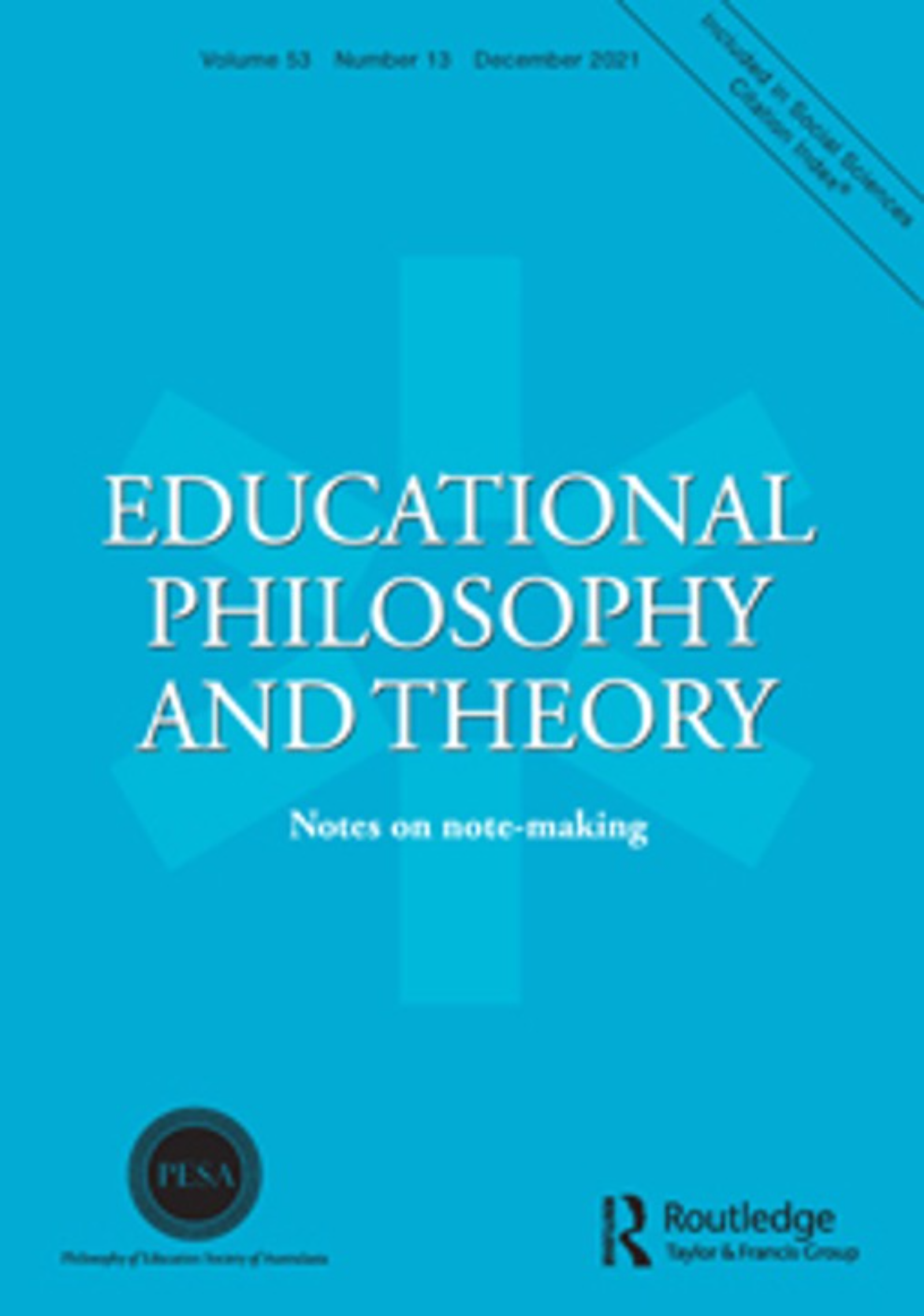In “Love and Social Distancing in the Time of COVID-19: The Philosophy and Literature of Pandemics,” Michael A. Peters, professor of Education at Beijing Normal University, explores how pandemics provoke ethical questions around individualism and collective responsibility. Drawing on philosophical and literary traditions, Peters argues that the trajectory of a virus is determined by human behavior: if individuals act out of civic duty and self-isolate to protect the vulnerable, contagion can be contained. Conversely, when people violate social distancing norms out of fear or self-interest, they prioritize individual autonomy at the expense of communal well-being. Peters frames these responses as ethical failures that fracture social solidarity.
Crucially, Peters situates the pandemic not only as a public health crisis but as a philosophical and ethical moment, drawing on literature, particularly Albert Camus’s The Plague, to examine existential and moral responses to collective suffering. He examines the figure of the zombie in relation to contagion and pandemic and how it represents both a cultural anxiety over loss and the struggle to come to terms with the reality of death. His analysis reveals how the pandemic produced polarized responses—paralysis by fear or refusal of responsibility—that undermined collective action. This framing positions the pandemic not only as a public health emergency but also as a crisis of narrative and ethics.

Image Captions:
Cover of Educational Philosophy and Theory, Volume 53, Issue 13, December 2021.Citation: Peters, Michael A. “Love and Social Distancing in the Time of COVID-19: The Philosophy and Literature of Pandemics.” Educational Philosophy and Theory, vol. 53, no. 8, 19 April 2020, doi.org/10.1080/00131857.2020.1750091. NON-FICTION, SCHOLARLY | CHINA. sm/jb/ig
Source Type: Scholarship on COVID-19 Studies
Country: China
Date: 01-Mar-2020
Keywords: China, Collective Responsibility, Individualism during COVID-19, and Philosophy of Pandemic